Put Your Money Where Your Heart Is
October is Fair Trade Month.
So what the heck is Fair Trade anyway?
It is far more than a few words on a bag of coffee beans from Starbucks.
From Wikipedia:
Fair trade[also known as Community Trade] is an organized social movement which promotes standards for international labor, environmentalism, and social policy in areas related to production of Fair trade labeled and unlabeled goods. The movement focuses in particular on exports from developing countries to developed countries.
Fair trade's strategic intent is to deliberately work with marginalised producers and workers in order to help them move from a position of vulnerability to security and economic self-sufficiency. It also aims at empowering them to become stakeholders in their own organizations and actively play a wider role in the global arena to achieve greater equity in international trade.
Essentially, with Fair or Community Trade products, you are purchasing things you always do, but instead of just making some fat man behind a mahogany desk even richer, you are assisting communities around the globe to become stronger, better business people and able to support themselves. It’s always a great feeling to know that you not only purchased something you need or love, but you are assisting a fellow person in the process.
How do you know something is certified Fair Trade?
From the TransFair USA website:
What is Fair Trade certification?
Fair Trade certification is a market-based model of international trade that benefits over one million farmers and farm workers in 58 developing countries across Africa, Asia and Latin America. Fair Trade certification enables consumers to vote for a better world with their dollars, simply by looking for the Fair Trade Certified label on the products they buy.Fair Trade Certified agricultural products including coffee, tea and herbs, cocoa and chocolate, fresh fruit, sugar, rice, and spices (vanilla) are currently available at over 35,000 retail establishments in the U.S.
Fair Trade empowers farmers and farm workers to lift themselves out of poverty by developing the business skills necessary to compete in the global marketplace. By guaranteeing minimum floor prices and social premiums, Fair Trade enables producers to invest in their farms and communities and protect the environment. But Fair Trade is much more than a fair price.
Fair Trade principles include:
- Fair prices: Democratically organized farmer groups receive a guaranteed minimum floor price and an additional premium for certified organic products. Farmer organizations are also eligible for pre-harvest credit.
- Fair labor conditions: Workers on Fair Trade farms enjoy freedom of association, safe working conditions, and living wages. Forced child labor is strictly prohibited.
- Direct trade: Importers purchase from Fair Trade producer groups as directly as possible, eliminating unnecessary middlemen and empowering farmers to strengthen their organizations and become competitive players in the global economy.
- Democratic and transparent organizations: Fair Trade farmers and farm workers decide democratically how to use their Fair Trade revenues.
- Community development: Fair Trade farmers and farm workers invest Fair Trade premiums in social and business development projects like scholarship programs, quality improvement trainings, and organic certification.
- Environmental sustainability: The Fair Trade certification system strictly prohibits the use of genetically modified organisms (GMOs), promotes integrated farm management systems that improve soil fertility, and limits the use of harmful agrochemicals in favor of environmentally sustainable farming methods that protect farmers' health and preserve valuable ecosystems for future generations.
So how can you support Fair Trade?
Visit this site for more information about Fair Trade Month
Shop with companies that provide certified Fair Trade products. Some of my favorites:
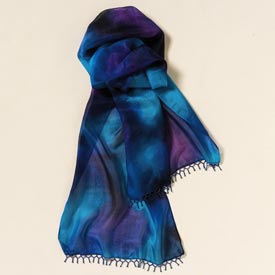
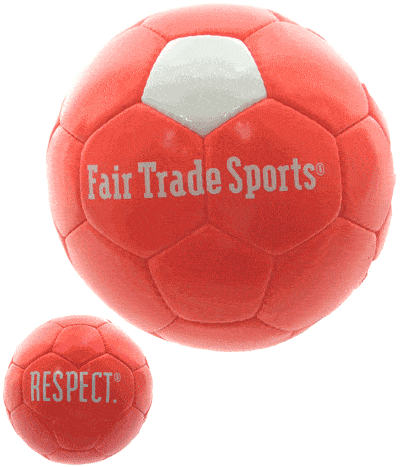
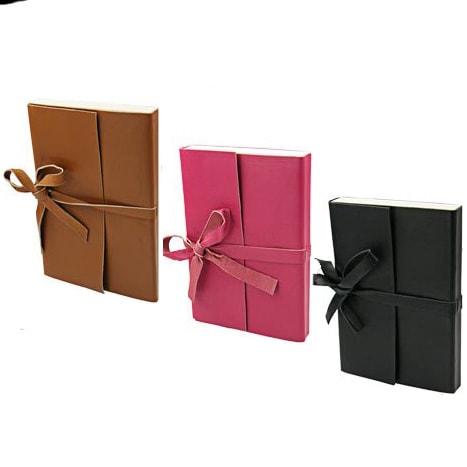
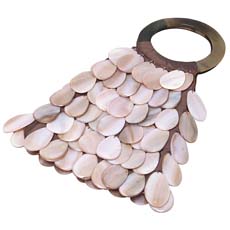
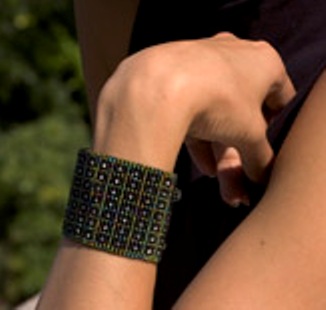
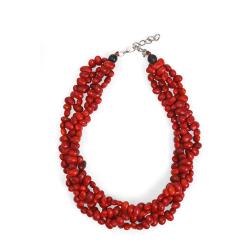
I know my mantra is to buy quality, not quantity. I also believe us women need to be careful with not just what they purchase, but where they purchase. Vote with your pocketbooks, it is possible to be chic, stylish, maintain a budget AND help the world and community around you. This month, and this upcoming holiday season, consider Fair Trade retailers for your purchases.

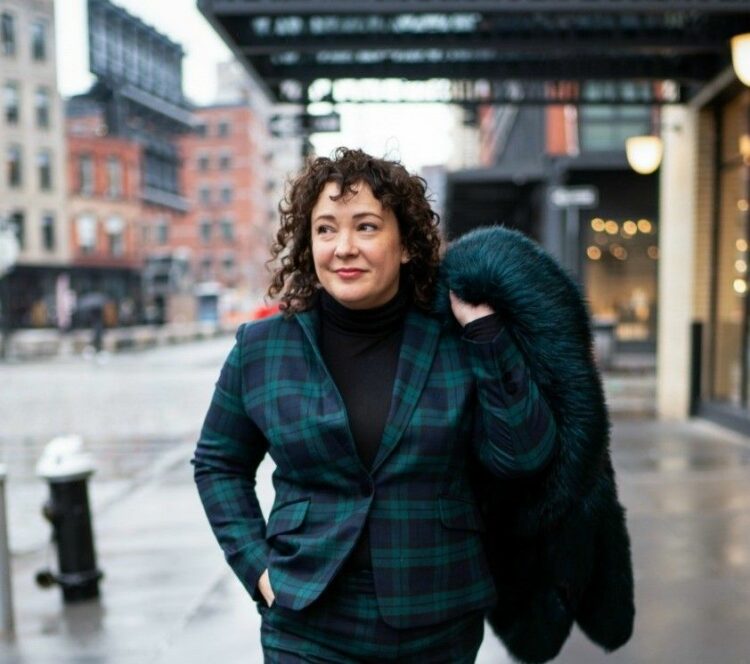
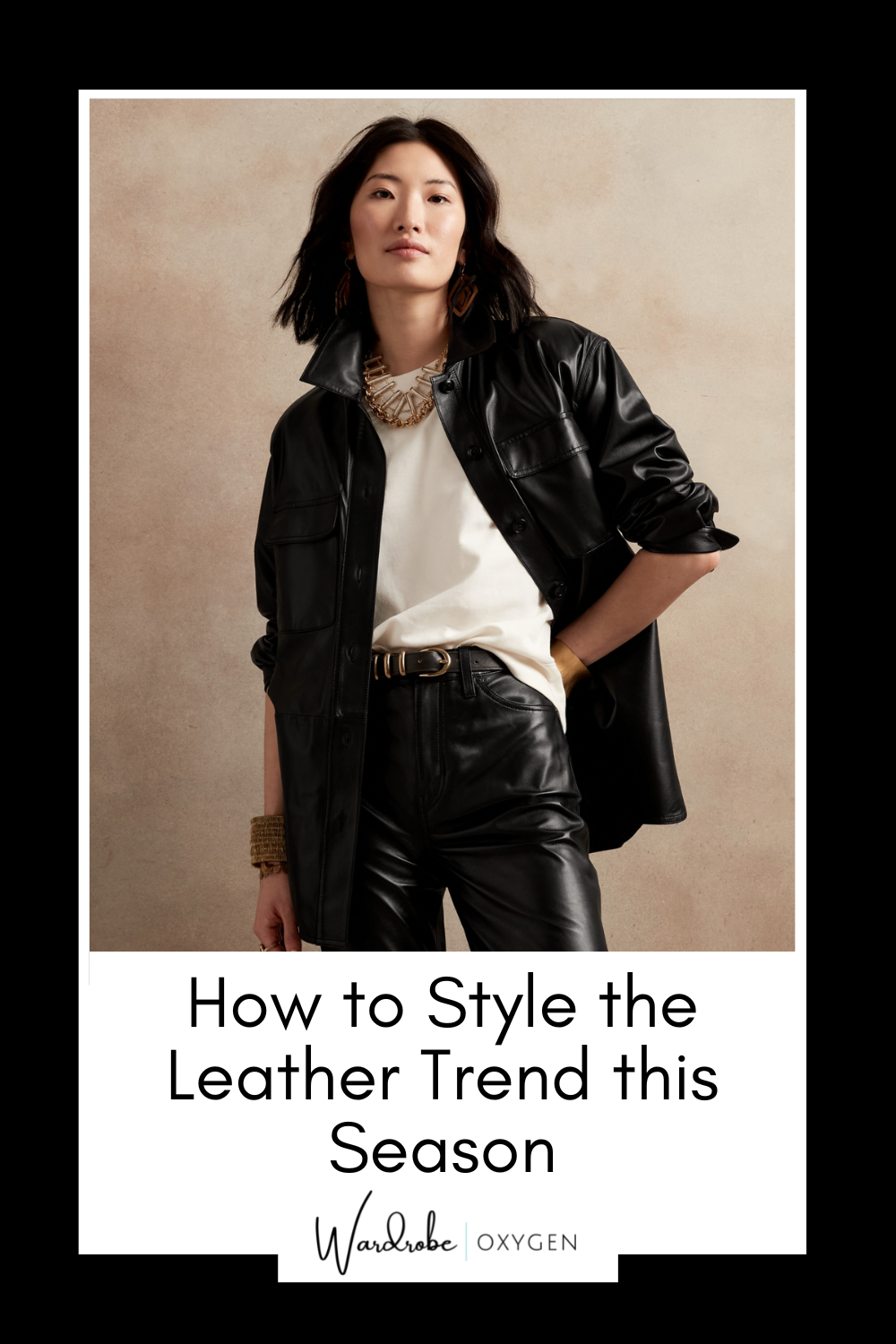
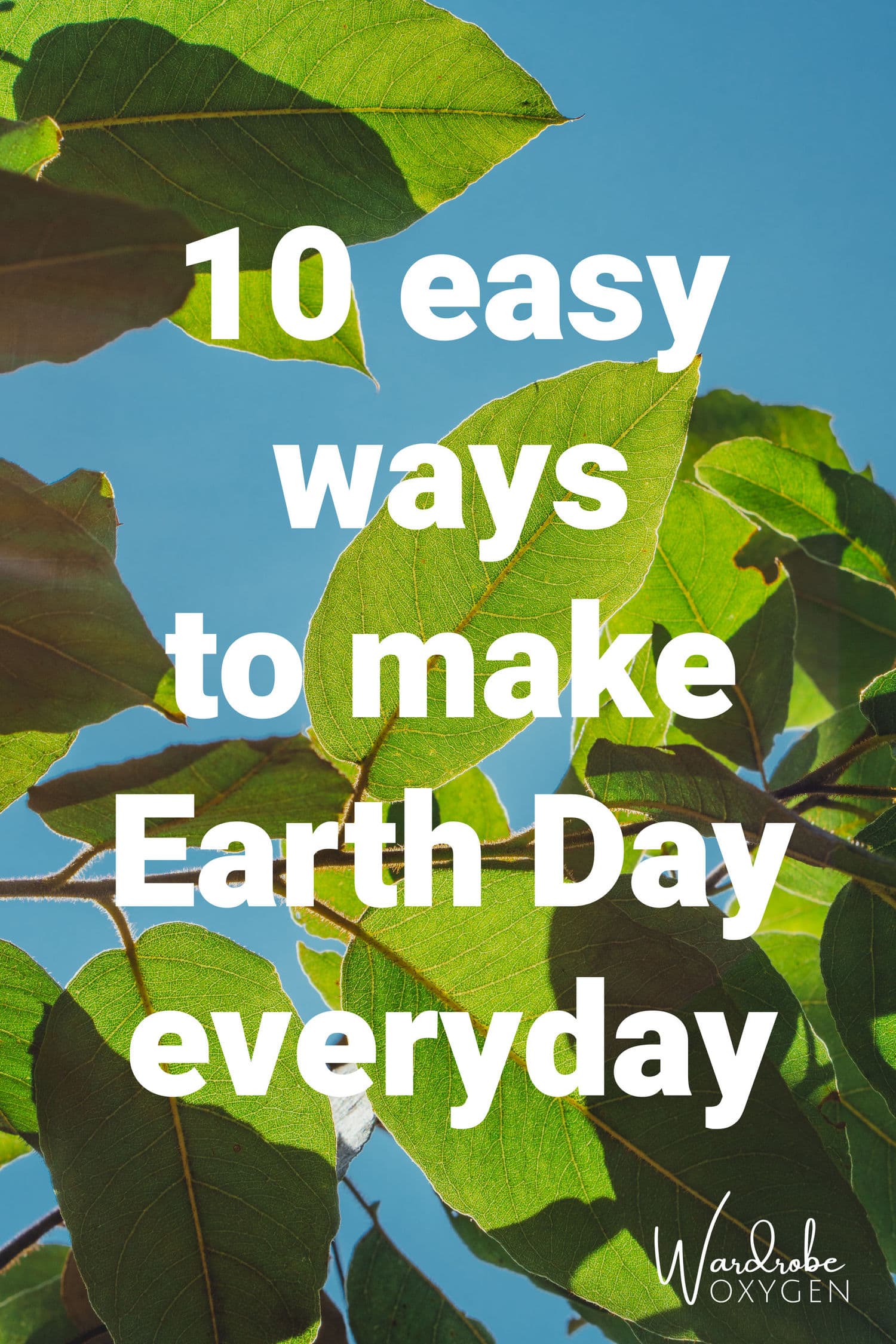
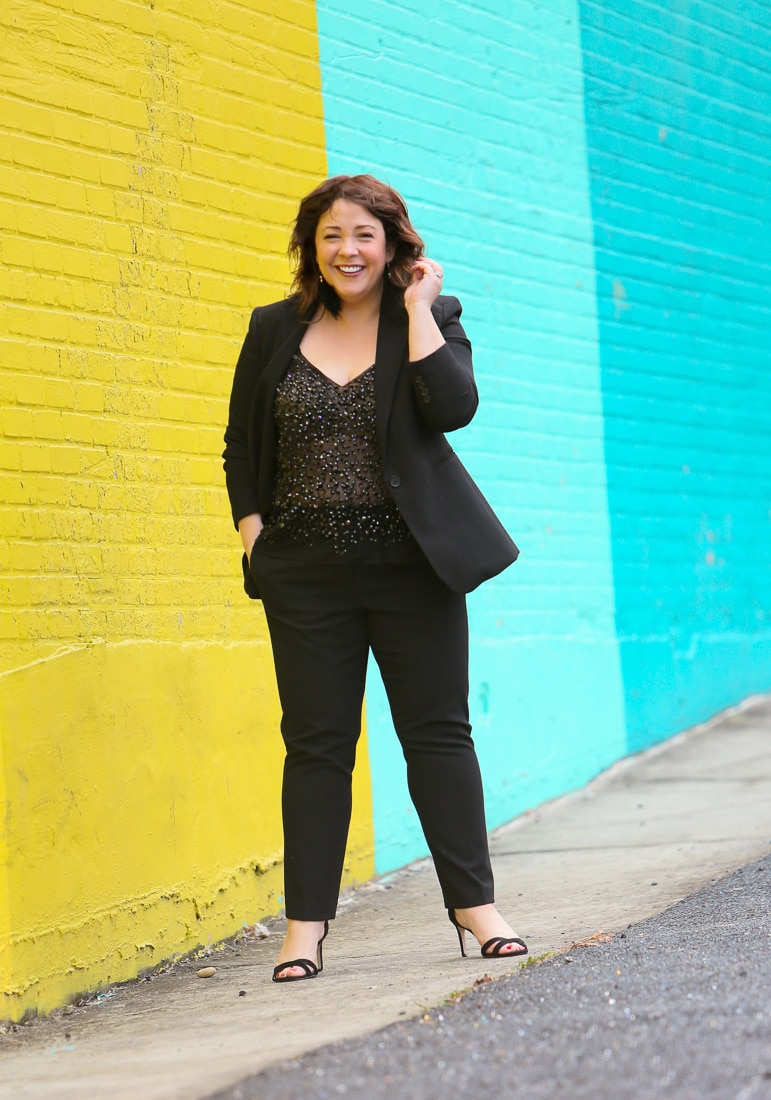
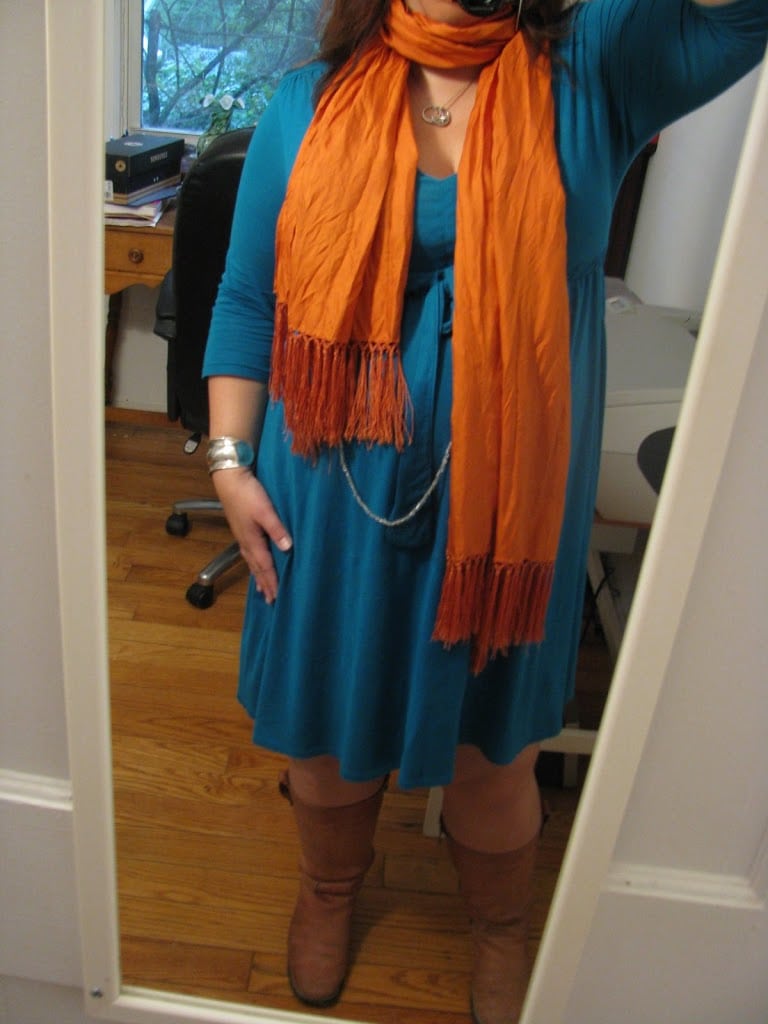


Awesome post Allie. All this and you didn’t mention The Body Shop? Something like 80% of their products have fair trade ingredients!
Great post! This is ALWAYS something we should be reminded about. Love the necklace…have actually been looking for something similar and think I’ll buy it!
you may also want to check out http://www.novica.com
This has been on my mind a lot lately… I also recommend Barbara Kingsolver’s Animal, Vegetable, Miracle to people getting more interested in small businesses. It’s about the effect of consumers on local agriculture (and vice versa).
Thanks for this post! I read your blog every day, and this is one of my favorite posts. I will definitely bookmark these websites for when I start my Christmas shopping!